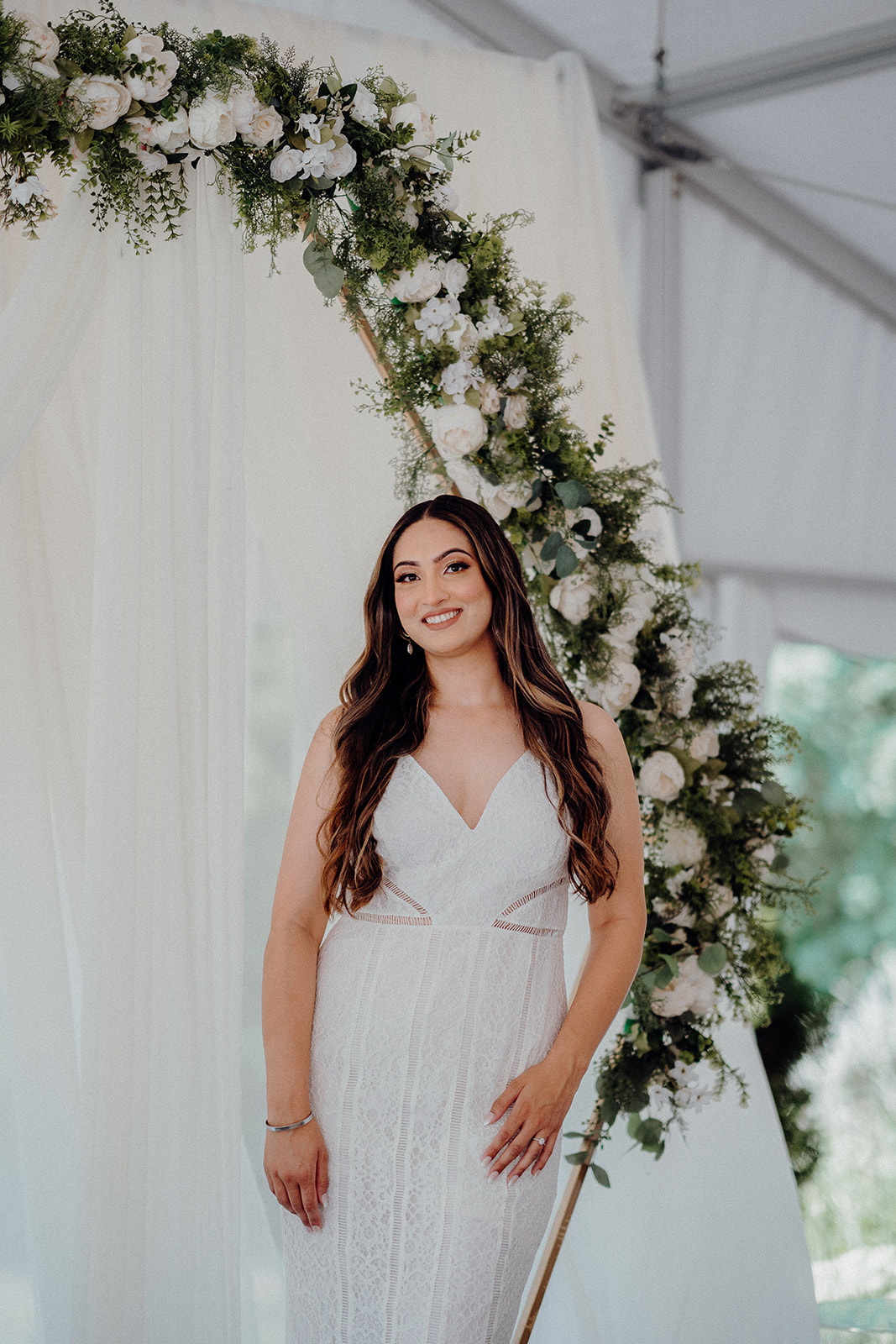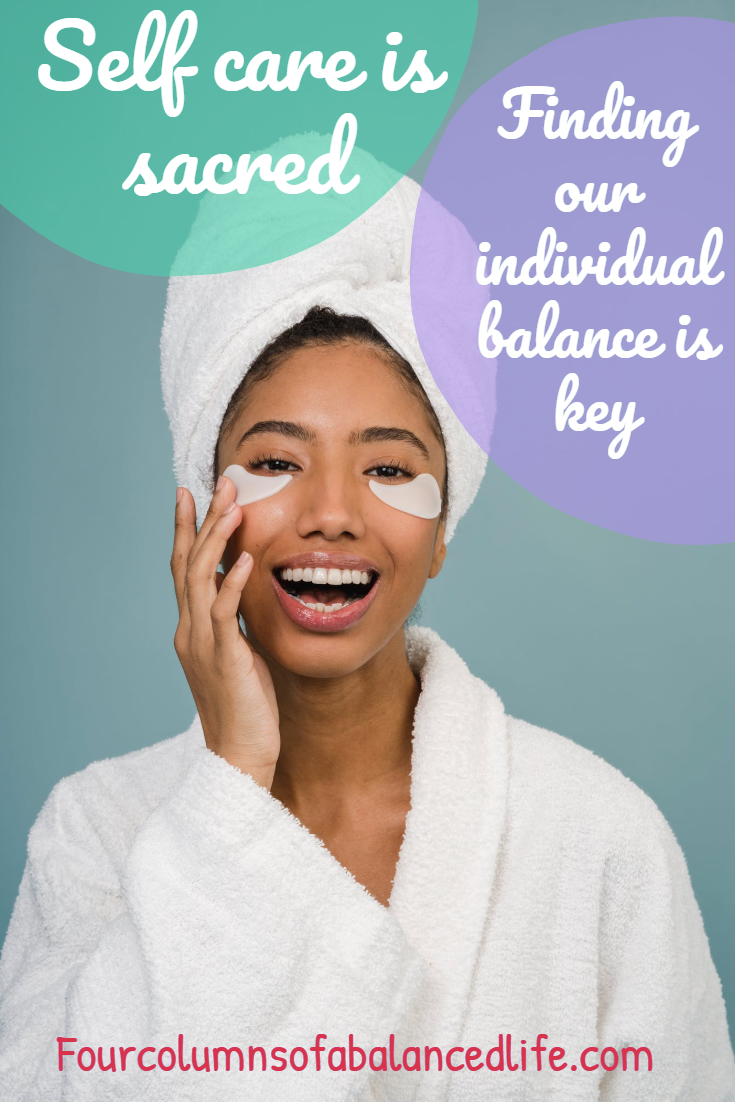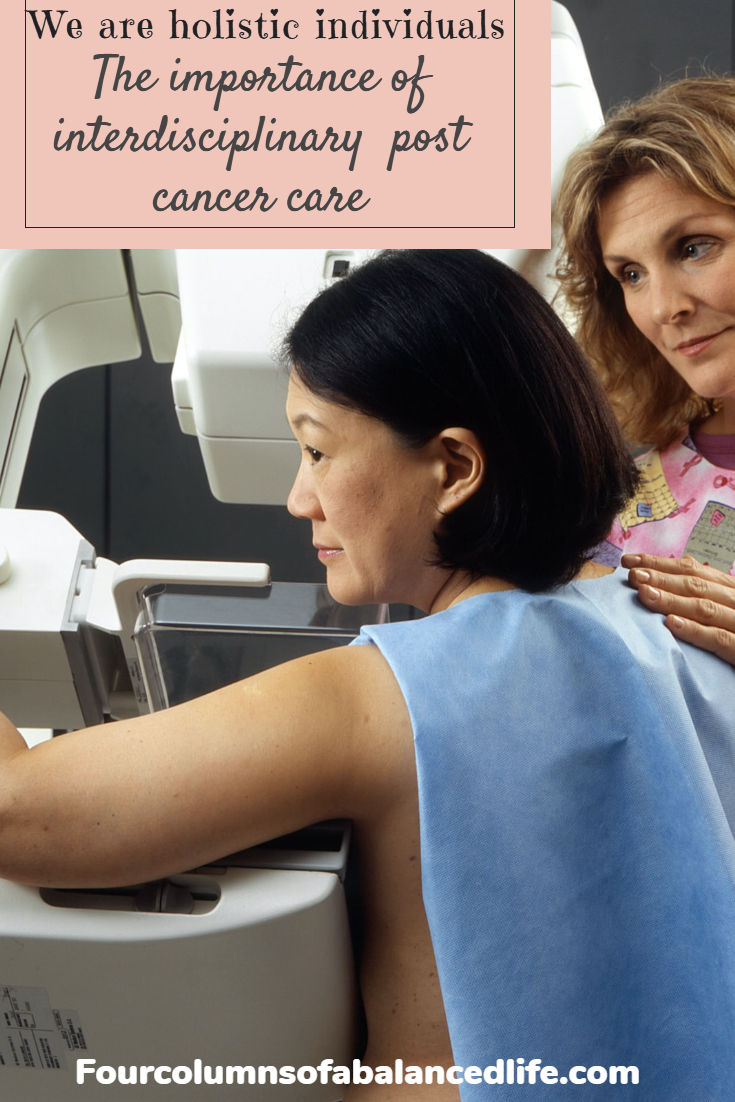Occupational therapists

Occupational Therapists play a pivotal role in recovery from any trauma. Satmeen an OT played a pivotal role in helping Debbie.
Cancer is the most frightening word in the English language in my personal opinion.
In 2016, I lost one of my best and closest friends to cancer. Bill Mclean sat opposite me for 16 years on the trading desk. In 2018, one of my best friends from university passed away. I was looking forward to 2019.
Debbie showed symptoms of cancer in November 2019. She was diagnosed in January 2020.
I will never forget driving her to the first appointment with the surgeon. The nurse came in and told Debbie she had cancer.
I underestimated cancer. I underestimated chemotherapy and radiation. I underestimated the emotional, mental, psychological, physical, spiritual, and financial costs of cancer.
A cousin had warned me that the toll is tougher on the caregiver. I underestimated that and asked for help.
After a 16 month battle, Debbie is in remission.
During cancer, the patient sees the surgeon, chemo oncologist, radiation oncologist, and various nurses. After radiation treatment then the interdisciplinary team of physiotherapists, kinesiologists, counselors, psychotherapists, and occupational therapists become part of the patient’s recovery.
Welcome to my series on cancer. I am doing this series not only to benefit women but also I personally believe it will be cathartic for me. I want to write about how to become a better caretaker, how to communicate with cancer patients, how to eat better, stories of hope, patience, resilience, and gratitude.
My first interview in this series was with Dr. Reyzan Shali MD, the author of Teaming up Against Cancer: Powerful Ways to Beat the Odds and Take Your Life Back.
I now talk to Satmeen who is an occupational therapist with Lifemark Physiotherapy.
Satmeen graduated with a Master of Science in Occupational Therapy from Queen’s University after receiving an Honours Bachelor of Science from the University of Toronto. She is a registered Occupational Therapist with the College of Occupational Therapists of Ontario. She is a member of the Canadian Association of Occupational Therapists and the Ontario Society of Occupational Therapists.
Satmeen is actively involved in professional development and has completed courses in concussion management, suicide prevention, cognitive rehabilitation, goal attainment, and seating and mobility. She regularly attends courses and conferences to upgrade her skills.
Satmeen has experience in hospital, clinic, and community settings, providing support for individuals with physical, cognitive, and mental health conditions. She provides assessment and treatment for individuals who are experiencing difficulties performing essential tasks of daily living due to illness and/or injury and assists them to successfully return to gainful employment and/or their normal activities of daily living.
Satmeen was instrumental in getting Debbie back to work and motivate her. I ask Satmeen a few questions about OT, self-care, and having a holistic approach to recovery.

Satmeen, welcome to Four Columns. Tell me a little about you and what does an occupational therapist do?
Thank you for having me! I’ve been working as a registered Occupational Therapist for about 4 years now, after graduating with my master’s in Occupational Therapy at Queen’s University. Before that, I completed my undergraduate degree in Neuroscience and Psychology at the University of Toronto.
The best way for me to explain Occupational Therapy is that our focus is on FUNCTION. We provide our clients with strategies and recommendations to be able to function in their daily lives. Essentially, anything you want to do or need to do, an Occupational Therapist can help you get back to those meaningful activities! The word Occupation can be misleading at times and people tend to think it is just based on work. Although that is a piece of it, our scope is broad and we provide treatment to help in all aspects of life – whether that is self-care, productive activities, or leisure pursuits.
I started my career working in the community, providing home care for individuals. These clients were having difficulty coping with daily activities for a variety of reasons – sometimes recovering from an illness or surgery to seniors who needed recommendations to help them stay safe at home, or individuals who were approaching the end of their life and needed services to be comfortable at home. From there I moved into the motor vehicle accident sector, providing treatment to those recovering from a car accident in the community. Since December 2018, I’ve been working at Lifemark as an Occupational Therapist in the clinic setting. In my practice, I treat individuals from a variety of backgrounds and diagnoses. Our clients are individuals covering from car accidents, trying to get back to work after being on disability, or just trying to get back to their regular life after some sort of illness or accident. I provide treatment for people with physical, mental, and cognitive health concerns, so the treatment is quite variable and broad.
Do you only work with cancer survivors or anyone who is getting back to work?
My practice is broad, so I might assist cancer survivors or any individual who has been off work for any reason to return. But as I mentioned earlier, OT is about function in a broad sense, so although work is a part of it, it isn’t all of it!
What drew you to this profession?
I was always drawn to health care and knew I wanted to work in this area. When I researched different options, I was drawn to OT because of the meaningful impact it has on people’s lives. I knew with this profession I could help people get back to the things that matter to them and felt this role was so valuable to someone’s recovery.
After a long stressful day, how do you take care of yourself?
Great question! Self-care is such an important part of our lives and something I hold sacred. The most important part of self-care is to find what works for you. Everyone is different and that is what makes us unique! So even if something works well for one person, that might not work for the next person, and that’s okay! Finding our individual balance is key.
I personally like to go for walks, I find this helps me to sort of “walk the day off.” I’ll also listen to some of my favorite podcasts or music, or meditate to help me wind down. I have a close relationship with my husband and family, so sometimes just talking to them and catching up on the day helps me to destress. Last but not least, a nice warm shower will always help me!

Define what women empowerment means to you?
To me, women empowerment is understanding our own strength and acknowledging this strength. We tend to downplay our strengths or make ourselves appear weaker because we worry about how we might be perceived. As women, we should own our strength and acknowledge that we are not only incredibly strong but brave. Everyone has their own story with their own ups and downs, and that’s okay, it’s a part of life to have these ups and downs. What is important is how we cope with these ups and downs and acknowledging the strength we have to overcome barriers.
There are many women out there who are like my wife. They have survived cancer. But there is a whole bunch of healing that needs to take place. How important is it to support the patient emotionally, mentally, and physically?
It is so important. We are holistic individuals with so many components that make up who we are. If we don’t treat every part of the person, recovery is slower and not as effective. That’s why the interdisciplinary team is so important with cancer care – from doctors, nurses, physiotherapists, kinesiologists, counselors, psychotherapists, and occupational therapists (amongst others), all members are crucial to a cancer patient’s recovery.

I am the caretaker for my wife. Give me some advice as a caretaker of a cancer patient?
Be kind to yourself. Caretaking is a huge task and can be incredibly challenging at times. There are times where we might be hard on ourselves and put a lot of pressure on ourselves as caretakers for our loved ones. Love yourself as you love your loved one. As I mentioned earlier, self-care is sacred and something we need to all maintain. As the caretaker for your loved one, you have dedicated your time and energy to the person you love, but you need to make sure you’re being your own caretaker as well. As the saying goes, if you don’t take care of yourself, you cannot take care of anyone else, and it is so true!
My daughter is 17. She wants to be an OT like you. Give some advice to her?
Well, it would be a great decision! It’s a rewarding career and I truly enjoy it. My advice would be to stay open. If you look at your future with an open mind it will lead to more self-growth and discovery.

You are right. Cancer is one of the most dreaded words in the world, especially when it comes from the mouth of your Doctor. My sister pass from Cancer 2 yrs ago and it was the most traumatic experience ever. Occupational Therapist played a huge role in her care as a Cancer patient. I am sure your series on Cancer is going to be triggering.
Thanks for sharing !
The content is very informative ! Thanks for sharing !